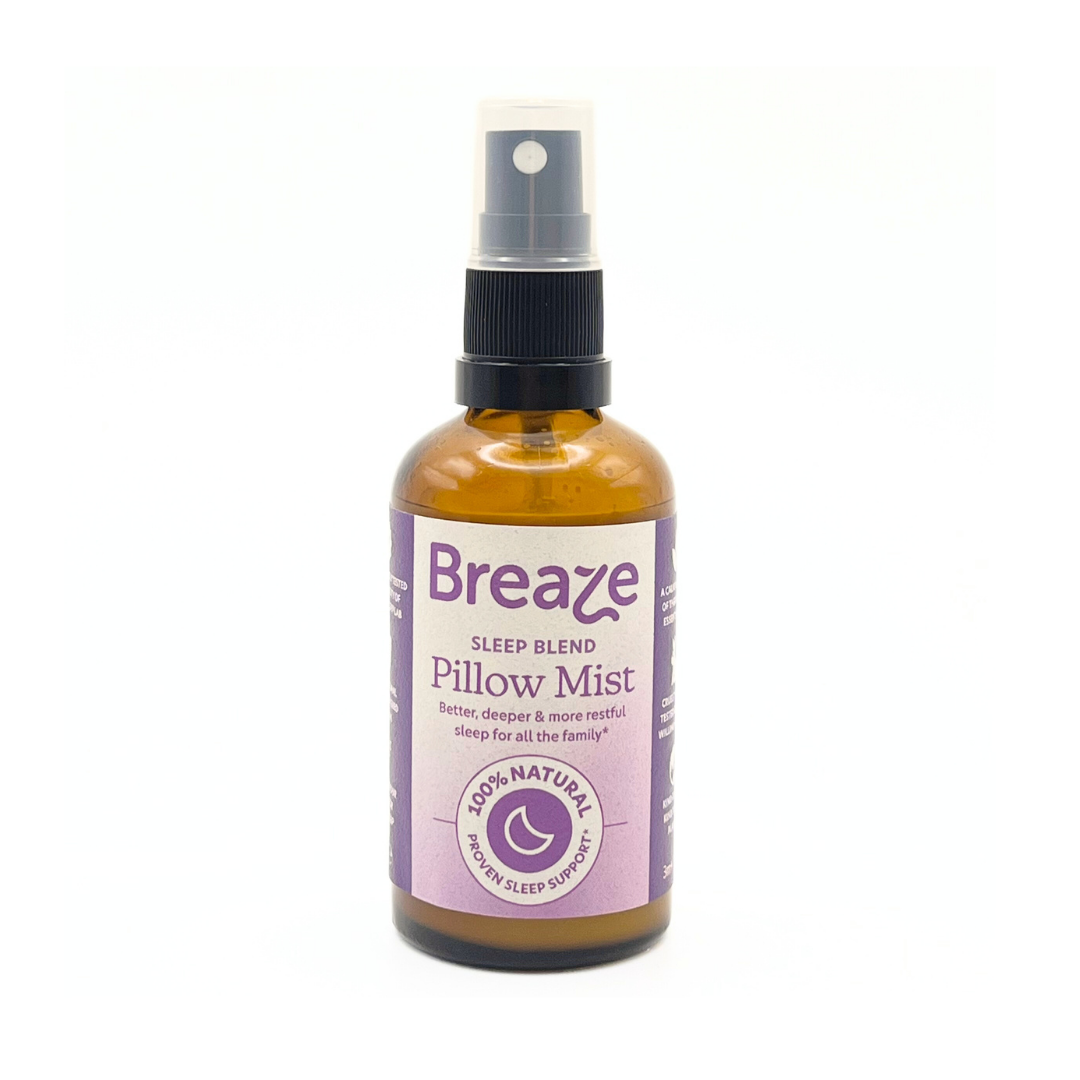Uncovering menopause sleep secrets with Dr Louise Newson
As a female-founded company, we understand the impact menopause has on your body. Hot flushes, brain fog, anxiety, joint pain, the list really does go on. One thing menopause really does take a toll on, is our sleep.

This week we've teamed up with Dr Louise Newson, GP & menopause specialist* to find out what's going on and to get her top tips on how to combat sleepless menopausal nights.
"As they decline during perimenopause and menopause, oestrogen and testosterone can both affect the quality and duration of sleep. Low oestrogen levels can disrupt sleep and can also cause fatigue, difficulty concentrating, headaches, weight gain, and mood changes.
Reducing progesterone levels can lead to symptoms such as anxiety, restlessness and trouble sleeping, including a tendency to wake up frequently.
And it’s a vicious circle, a lack of sleep can make these symptoms worse.” Explains Dr Louise.
The good news is that you don’t have to kiss a good night’s rest goodbye once you hit menopause.
Here’s Dr Louise’s top tips and tricks to maintain a healthy sleep schedule:
Prioritise Sleep Hygiene
- Make your bedroom your ultimate sleep sanctuary. A cool, dark and quiet room with a comfy mattress and pillows is a start point.
- Avoid watching tv or using devices right before bed, instead read a book in low light to calm your mind.
- Try to skip your late-night caffeine hit, heavy meals, and alcohol before bedtime as this can interfere with melatonin production.
- Make preparing for sleep part of your routine. Take a warm bath with soothing essential oils, listen to calming music or a bedtime story.
Try a magnesium supplement
- Magnesium activates the parasympathetic nervous system responsible for getting you calm, relaxed and ready for sleep. It also helps to regulate melatonin, which supports the ‘sleep wake’ circadian cycle.
- A small study found that taking 500mg of magnesium daily led to a significant increase in sleep duration and quality.
Discuss HRT with your GP
- If it’s right for you, HRT can help to deal with the hormonal causes of sleeplessness. It can reduce the symptoms that might wake you up, like night sweats, stress and anxiety, or frequent need to pee.
Shop our proven sleep support here
*Dr Louise Newson is a GP and pioneering Menopause Specialist who is passionate about increasing awareness and knowledge of the perimenopause and menopause. She campaigns for better menopause care for everyone and is the founder of the balance menopause app.


